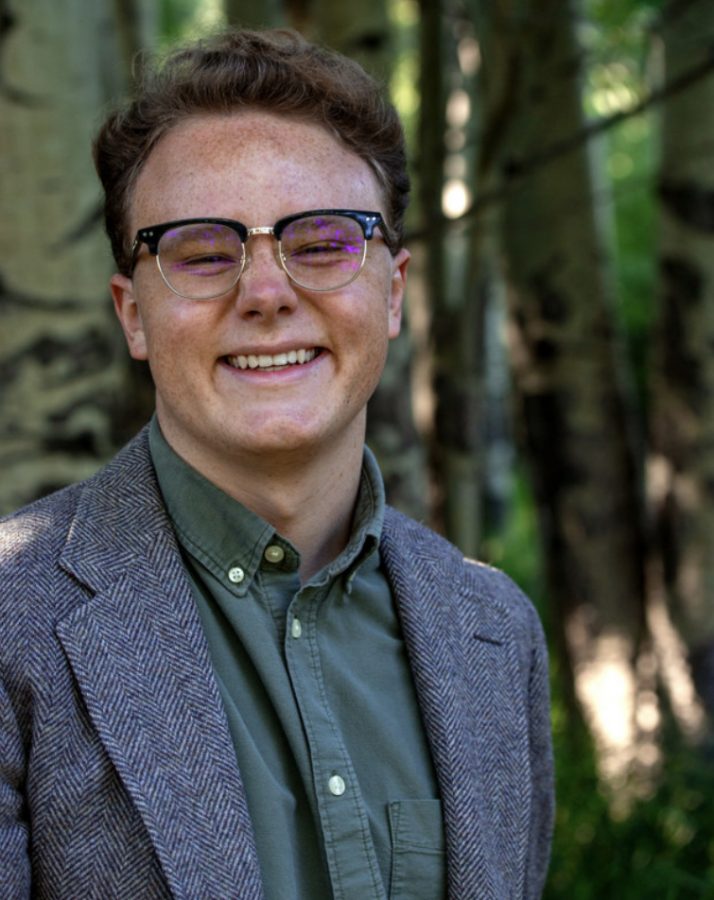The Art of Losing
November 6, 2021
Throughout the summer, I’ve been reading this one poem over and over again. It’s one of my favorite poems, and it’s one I come back to when I feel like feeling. Y’know, those nights where you just want to understand what all those feelings you’ve been bottling up are. Where you put on some sad music in your car and just think while staring at the road. Or you look at the ceiling with no particular goal in mind. Or you just let your mind wander, let your heart feel what it wants to feel. On those nights, I’ve been reading One Art by Elizabeth Bishop.
Go read it; it won’t take you long. It all centers around the phrase, “The art of losing isn’t hard to master.” At first, it starts off kinda whimsical, talking about losing keys, or wasting hours. But then it gradually gets harder. The things she’s losing are greater and greater. “Then practice losing farther, faster.” Suddenly you’re losing homes, losing cities, countries, continents. And finally, she ends with the beautiful stanza, “—Even losing you (the joking voice, a gesture / I love) I shan’t have lied. It’s evident / the art of losing’s not too hard to master / though it may look like (Write it!) like disaster.”
I’ve thought a lot about loss these past few months. And it encompasses every aspect Bishop was talking about. From the small, losing money or leaving behind a book I wasn’t finished reading. To the big, the monumental, like losing Afghanistan. And I feel like so much of the conversation around anything nowadays is about how much we’ve lost. It’s astounding just how many people we’ve lost. Corona has killed more than 9/11, both World Wars, Korea, and Vietnam combined. And every conversation turns into a conversation about what COVID has taken away. Every time I talk about high school it turns into a conversation about how we’ve lost the “high school experience.” People making jokes about just how long this has gone on. The realization that we only had one full year of high school before Corona canceled our proms and put our classrooms remote.
Mike Gravel died. He was particularly important to me, he was one of my political idols. He became nationally known in 1971 when he risked his entire political career by reading the Pentagon Papers aloud, entering them into the public record. After reading for hours, it culminated when he emotionally burst out, yelling, “Arms are being severed. Metal is clashing through human bodies because of the public policy this government and all its branches continue to support.” But what really spoke to me was a campaign ad he made when he was running for president in 2007. In the video, he didn’t speak a word. He just picked up a stone, tossed it into a river. Making ripples and then walking away, “into his life or into his death, who knows.” He died quietly in his home of multiple myeloma. He didn’t tell the public he was sick, he just left quietly. He had made his ripples, and he walked away from the river.
Often I worry that I haven’t or won’t do enough. Won’t change the world, or “make it.” And I worry that I will lose too much. Too much time, too many people. I think looking at the world like Mike Gravel might be the only way to really engage with life healthily. Understanding that we all make our ripples and walk away. That you will lose things, and people. And losing things is an art you can master. An art you have to master, or else you’ll spend your life bottling up worry and sadness. As you get older and older you will lose more and more. But that’s okay. Because everything has its ripple. And you have yours too.
After all this time, all this worrying, I think I’ve realized that the art of losing isn’t too hard to master, though it may look like (Write it!) like disaster.


